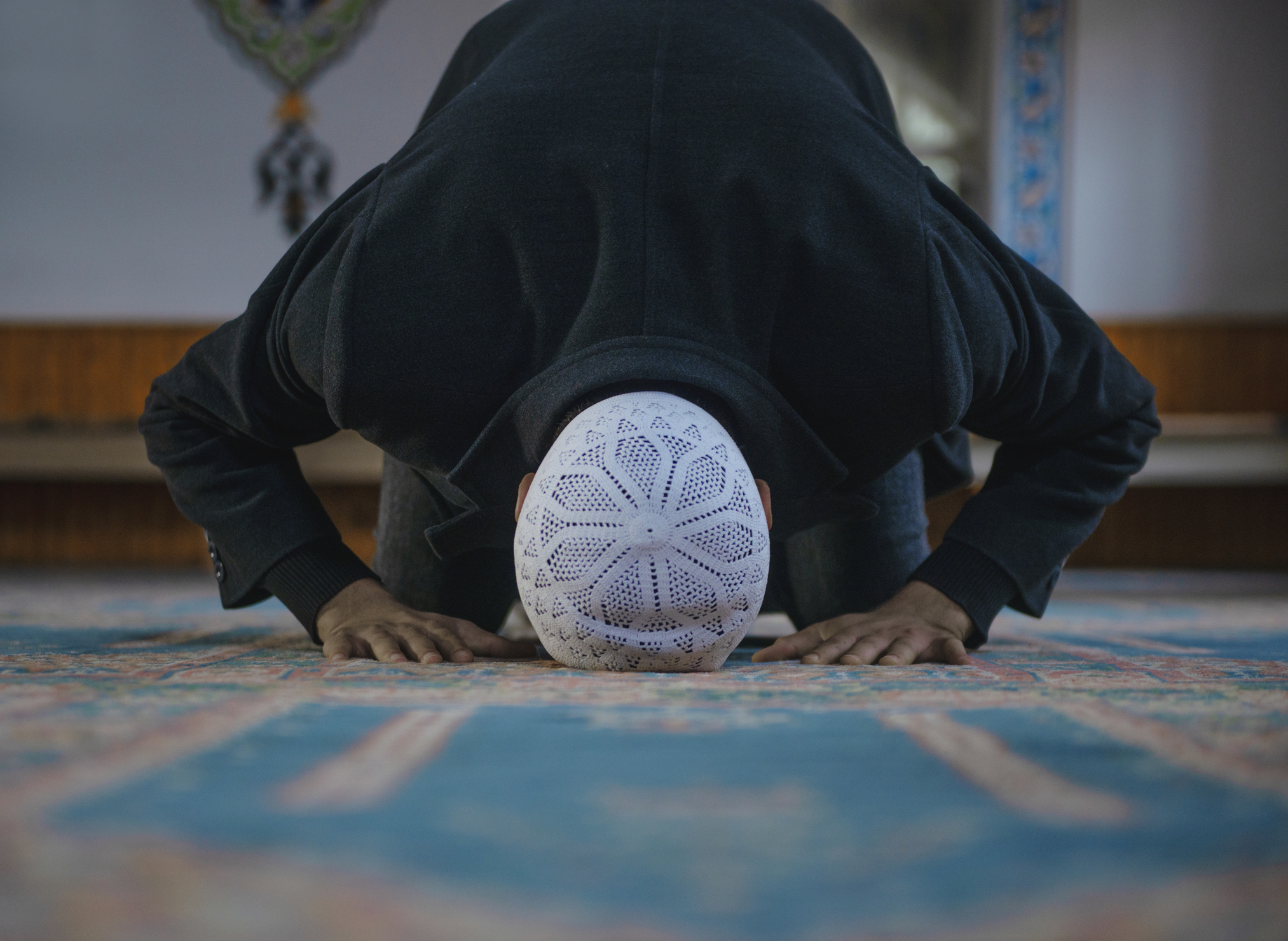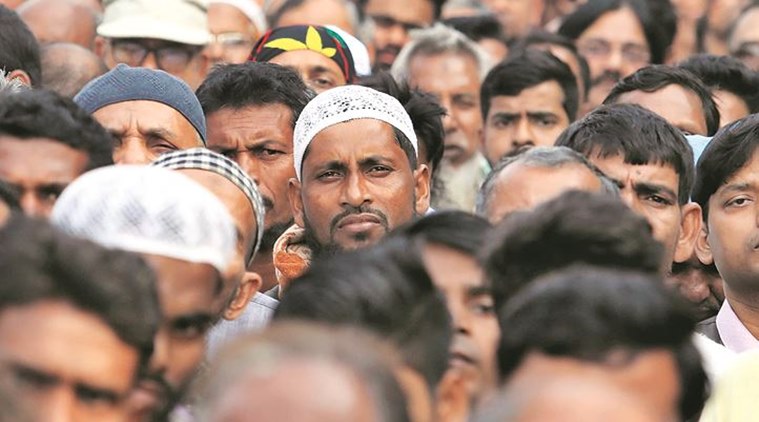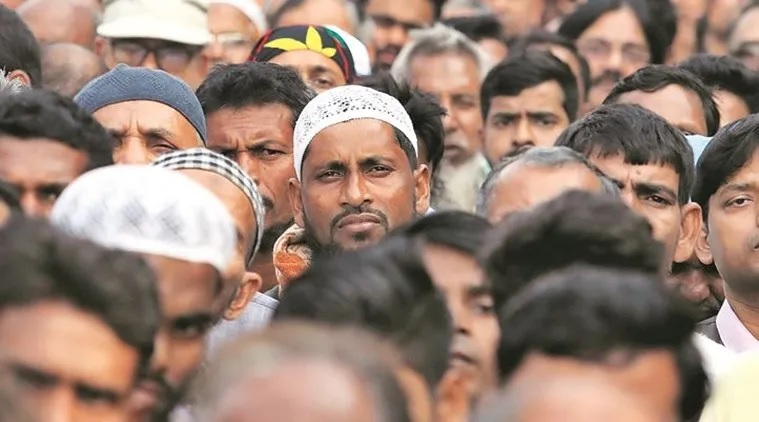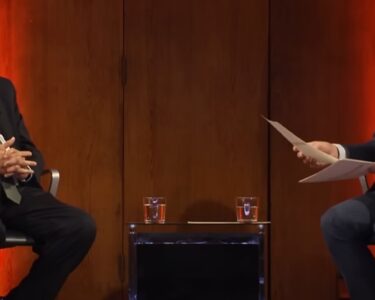Only 15% of India’s population is Muslim but 33% of all India-born migrants in the world are Muslims. About 80% of the people in India are Hindus, but Hindus are only 41% of emigrants from India, according to the latest survey done by the PEW Research Centre based in Washington DC.

Done by Stephanie Kramer and Yunping Tong, the survey also says that Christians, who are only 2% of the Indian population, account for 16% of those who migrated from India.
Clearly, Muslim and Christian migration from India is significant in comparison with Hindu migration, and that needs to be explained.
Pull and Push
Both “pull” and “push” factors work to trigger the migration of people, Muslims included. Indian Muslims, like other communities from the Global South, move towards countries which are more wealthy and capable of giving jobs on better terms as compared to India. But they also leave their mother country in search of safety and security.
As reputed human rights organizations have pointed out in statement after statement, Indian Muslims suffer social, economic and political discrimination, especially under the current right wing, Hindu nationalistic dispensation.
In many places in North India, persecution of religious minorities has the backing of politicians and key institutions of the State such as the police and the lower judiciary.
In its September 16, 2022 report, the human rights watchdog Article 14, points out that Indian Muslims found themselves implicated in criminal cases for engaging in events as ordinary as praying, eating, running a business or even falling in love. These normal activities could be branded as “Jihad” and any view to the contrary was dubbed “appeasement.”
Detentions
The National Crime Records Bureau (NCRB) report of 2021 revealed that more than 30% of detainees in Indian prisons were Muslim, even though the community was only 14.2% of the population.
As on 21 December 2021, 78.5% of detainees in jails in West Bengal were Muslim when Muslims were only 31% of West Bengal’s population. In Uttar Pradesh, Muslims accounted for 56.7% of detainees, but they were just 19% of the population. In Assam, 34% of the population was Muslim, but 64% of the convicts and 49% of under-trials were Muslim, the NCRB report said.
Events of daily life like eating, selling goods in the market, making friendships (forget about getting married to a person of one’s choice), even praying, could be made to appear like a threat to public order, in some cases, even to national security, Article 14 says.
More alarmingly, “swathes of civil society, the media, law-enforcement agencies and the judiciary appear to normalise prejudice, increasingly disregarding procedures required under Indian law and India’s Constitution,” the rights watchdog says.
Misuse of Laws
Some of the laws being disproportionately used against Muslims are (according to the old Indian Penal Code and Criminal Procedure Code): Sections 295-A (deliberate act intended to outrage religious feelings of any community), 153-A (promoting enmity between different groups on the basis of religion), 505(2) (statements conducing to public mischief), 143 (unlawful assembly), 124-A (sedition) of the Indian Penal Code (IPC), 1860, and section 151 (arrest to prevent commission of a crime) of the Code of Criminal Procedure, 1973.
Anti-terror laws are often invoked against Muslims with little to no possibility of getting bail.
Article 14 says: “Fundamental rights guaranteed under the Constitution—such as the right to equality before law or the equal protection of laws under Article 14, right to life (which includes the right to live with dignity, right to privacy, right to food among others) under Article 21, right to freedom of speech and expression under Article 19 (1)(a), right to practice any profession or to carry on any occupation, trade or business under Article 19 (1)(g), and the right to freely profess, practice and propagate any religion under Article 25(1) are being ignored.”

Praying in Public
Hindu extremists have been objecting to Muslims offering their prayers (Namaz) in public spaces in several places in North India. With population increase and inability to get sanctions for building more mosques, Muslims are forced to worship in public places. But the Hindu extremists consider this a hindrance and call in the police.
“In June 2022, a professor in a college at Aligarh (Uttar Pradesh) was forced to go on a month-long leave after right-wing Hindus objected to him offering Namaz (prayer) under a tree in the college lawn. He was sent a notice and an investigation was conducted.” Article 14 says.
In another case, the police alleged that scores of Muslims had assembled in two houses in the Moradabad area to offer Namaz ignoring an injunction not to offer Namaz at homes because the Hindu neighbours would object.
“ Does gathering at someone’s home to offer Namaz amount to public mischief? Are mere objections from neighbours of another community sufficient for the law enforcement agencies to proceed with the registration of an FIR?” Article 14 asks.
It points out that Article 25(1) of the Indian Constitution guarantees the right to freely “profess, practise and propagate religion”, a fundamental right that can only be regulated on grounds of public order, morality, health besides certain other grounds. Praying within the confines of a home is not a criminal offence, and a police complaint should not have been registered for such prayers in the first place.
Marginalization
A 2022 analysis by Christophe Jaffrelot, Professor of Indian Politics and Sociology at King’s India Institute, London, and Maulik Saini, a data analyst, revealed that while Muslims were 14 or 15% of the Indian population, their proportion of public sector employment was 6.87% between 2018-2020.
Muslims have been the targets of economic boycott called by the ruling Bharatiya Janata Party (BJP) leaders. In April 2020, an Uttar Pradesh BJP legislator, Suresh Tiwari, urged people to not buy vegetables from Muslims. In December 2017, a video showed Telangana BJP MLA, Raja Singh, saying: “Put this in your head, from today, if you buy anything, buy it from a Hindu person not from these traitors (referring to Muslims). If the 100 crore (one billion) Hindus living in India follow this ideology, the remaining 25 crore (250 million) will definitely want to convert to Hinduism.”
In July 2022, Talib Hussain, a Muslim restaurant owner in Sambhal, in Uttar Pradesh, was arrested for inadvertently wrapping food (chicken, said the police; bread, Hussain said) in an old newspaper that carried advertisements featuring Hindu deities.
In August 2021, a Muslim-owned “Dosa” joint in Mathura, Shrinath Dosa, was vandalised because a mob took exception to its name, and accused the owner of exploiting a Hindu name. The owner had to re-name the place “American Dosa Corner.”
In some places, Muslim vendors selling fruit have been told not to do business outside Hindu temples. In another place, Muslim barbers were asked to shut shop on Tuesdays because “Hindus don’t cut their hair on Tuesdays.”
Muslim men have been lynched by mobs on suspicion that they are taking cattle for slaughter or carrying beef. Since the Modi government came to power in 2014, several Indian states have passed laws that criminalise the sale of beef and slaughtering cows.
Recently, road-side shops owned by Muslims were asked to display the names of their owners and their phone numbers so that Hindu pilgrims on the “Kanwar Yatra” route (an annual pilgrimage of devotees of Shiva) did not buy food from them.
On August 15, 2022 in Gujarat, a grand welcome was given to the 11 rape and murder convicts in the Bilkis Bano case upon the remission of their sentence. A member of the Gujarat legislative assembly, who was on the board that granted the pardon, justified the celebration saying: “They are Brahmins. Brahmins are men of good sanskaars (of good religious values).”
The Uttar Pradesh Chief Minister Yogi Adityanath got public adulation for bulldozing Muslim homes on the pretext of “illegal encroachments”.
Yati Narsinghanand Saraswati, head of the powerful Dasna Devi temple in UP, spoke at an event in Hardwar in January 2022, where he reportedly called Muslims “demons” who should be “eliminated” and India made “free of Islam.” A case on this was taken to the Supreme Court.

Political Representation
Writing in the Milan Vashnav blog in 2020, Adnan Farooqui pointed out that Muslims have been having only 5% Muslim representation in the Lok Sabha (Lower House of parliament) for a long time. The community also lags behind on almost all socio-economic indicators.
In December 2019, parliament passed the Citizenship Amendment Act (CAA), which allows fast-tracking of citizenship for Hindu, Sikh, Buddhist, Jain, Parsi, and Christian migrants from Afghanistan, Bangladesh, and Pakistan. Muslims are left out.
The BJP promised in its 2019 election manifesto to complete a National Register of Citizens (NRC). The NRC was created in the 1950s for the unique case of the state of Assam to determine whether residents were Indian citizens or migrants from what is now neighbouring Bangladesh. In 2019, the BJP government in Assam updated the register excluding nearly two million Hindu and Muslim Bengalis. Critics said that this process could render many Muslims Stateless if implemented nationwide because many Indians lack the necessary documents and the CAA excludes Muslims.
Modi took away Statehood from the Muslim-majority Jammu and Kashmir (J and K) State in August 2019. It was split into three Union Territories with little or no autonomy. Since then, the authorities have cracked down on the rights of people of J and K.
“The longer Hindu nationalists are in power, the greater the change will be to Muslims’ status and the harder it will be to reverse such changes,” said Ashutosh Varshney, Professor, Brown University. US.
Silver Lining
However, there is a silver lining in the dark cloud. As Article 14 itself put it: “Experts say that although anti-Muslim sentiment is rising among Hindus, it is wrong to assume all Hindus and all people who voted for the BJP are anti-Muslim. Both Muslims and Hindus, including activists, legal scholars, and students, have fought against the BJP’s moves to undermine India’s secularism.”
One reason why the Hindu nationalist BJP failed to get 403 seats it aimed for in the 2024 parliamentary elections and got only 240, is that its hard line anti-Muslim “Hinudtva” policy did not have mass (Hindu) support. It is only a small group of extremists who have been holding multi-religious and multi-cultural India to ransom.
P K Balachandran







